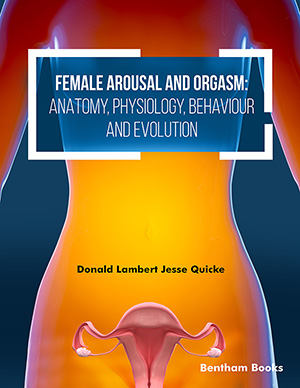
Abstract
Background: Women with breast cancer in Iran face challenges requiring support. Yet the provision of support may have changed during the coronavirus disease 2019 (COVID-19) pandemic.
Objective: The aim of the present study was to explore the perceptions of women with breast cancer about the support they received during the COVID-19 pandemic.
Methods: This study was qualitative in nature. Semi-structured interviews were conducted with Iranian women with breast cancer. The interviews were transcribed verbatim and analysed via conventional content analysis.
Results: Participants (n = 33) were Iranian women aged 29-58 years. All women included were married and were working in the role of a housewife. Women's perceptions of breast cancer during the COVID-19 pandemic of support were identified under two main categories; Constructive support and Lack of support. Sub-categories related to constructive support included receiving support from family, peers, and nurses. Sub-categories related to lack of support included a perceived lack of spousal and sociocultural support.
Conclusion: Anti-stigma interventions (AS interventions) are suggested to increase both spousal and sociocultural support in this context. Further studies may usefully be conducted with the participation of Iranian women's family members in order to gain a deeper understanding of the support received and required by Iranian women with breast cancer during the COVID-19 pandemic and beyond.
Keywords: Support, women, breast cancer, qualitative research, sociocultural support, COVID-19 pandemic.
[http://dx.doi.org/10.3322/caac.21660] [PMID: 33538338]
[PMID: 29845017]
[http://dx.doi.org/10.1007/s12282-020-01097-w] [PMID: 32372320]
[http://dx.doi.org/10.2196/17907] [PMID: 32720899]
[http://dx.doi.org/10.1016/j.ypmed.2021.106542] [PMID: 34217409]
[http://dx.doi.org/10.5114/pg.2021.104739] [PMID: 33986894]
[http://dx.doi.org/10.1097/TA.0000000000003219] [PMID: 33797481]
[http://dx.doi.org/10.2217/fon-2020-0574] [PMID: 32715776]
[http://dx.doi.org/10.1530/ERC-20-0157] [PMID: 32544879]
[http://dx.doi.org/10.1111/ecc.13192] [PMID: 31762169]
[http://dx.doi.org/10.1007/s00520-021-06243-4] [PMID: 33905013]
[http://dx.doi.org/10.1007/s00520-020-05756-8] [PMID: 32955655]
[http://dx.doi.org/10.1002/pon.4980] [PMID: 30657225]
[http://dx.doi.org/10.1007/s00520-021-06763-z] [PMID: 34950961]
[http://dx.doi.org/10.7759/cureus.14158] [PMID: 33936871]
[http://dx.doi.org/10.1111/j.1365-2648.2007.04569.x] [PMID: 18352969]
[http://dx.doi.org/10.1016/0147-1767(85)90062-8]
[http://dx.doi.org/10.1097/NCC.0000000000000912] [PMID: 33252405]
[http://dx.doi.org/10.1017/S147895152000070X] [PMID: 32830624]
[http://dx.doi.org/10.1515/spircare-2017-0039]
[http://dx.doi.org/10.1097/NCC.0000000000000981] [PMID: 34294647]
[http://dx.doi.org/10.1177/1534735416683807] [PMID: 28008778]
[http://dx.doi.org/10.1111/jan.14709] [PMID: 33314310]
[http://dx.doi.org/10.21873/invivo.11957] [PMID: 32503825]
[http://dx.doi.org/10.1016/j.pec.2021.06.017]
[http://dx.doi.org/10.1016/j.ejon.2021.101972] [PMID: 33991869]
[http://dx.doi.org/10.1002/nop2.1000] [PMID: 34313022]
[http://dx.doi.org/10.1177/1049732321989999] [PMID: 33645335]
[http://dx.doi.org/10.1007/s00520-021-06478-1] [PMID: 34417884]
 10
10 1
1











